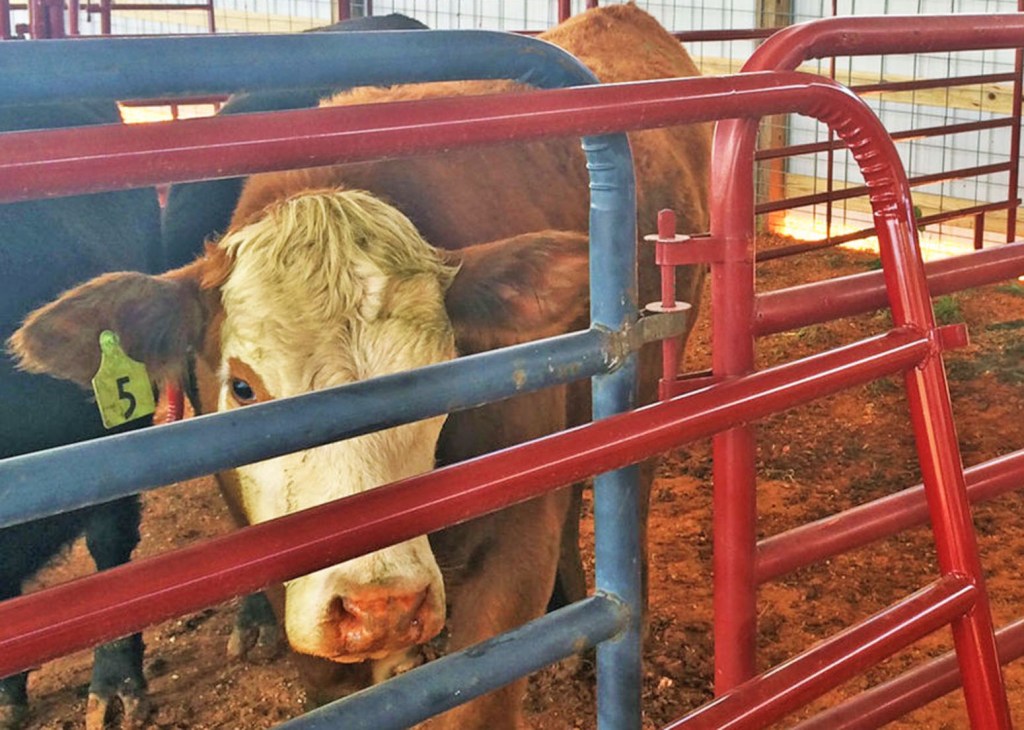MAD COW IN ALABAMA: Official says concern low on disease spread
Published 6:30 am Friday, July 21, 2017

- An atypical case of bovine spongiform encephalopathy was confirmed in an 11-year-old beef cow in Alabama. The cow died at the marketplace and didn't enter the food chain.
A state cattle industry executive believes cattle farmers shouldn’t be overly concerned about a case of bovine spongiform encephalopathy confirmed this week.
Erin Beasley, executive vice president of the Alabama Cattlemen’s Association, credited state and federal systems for catching the disease in a beef cow. The disease was detected during a routine screening at an Alabama livestock market.
The animal never entered slaughter channels and at no time presented a risk to food supply or to human health. The cow died at the location and tissue samples were sent to laboratories in Colorado and Iowa for testing and confirmation.
The U.S. Agriculture Department said it was the fifth case of the atypical form of the disease being confirmed in the United States.
Beasley said the case of BSC was atypical, so it was “an isolated spontaneous event.” She said such illnesses tend to affect older cattle, and the affected cow was 11 years old.
She explained the majority of the state’s cattle producers are committed to good genetics and proper feeding. A release from the state Department of Agriculture said the case was not a result of cattle by-products being fed to cattle. The United States banned the use of such protein supplements in cattle in 1997.
In 2009, the USDA implemented the enhanced surveillance testing programs to protect animal and human health. Included in the regulation was the removal of specified risk materials — or the parts of an animal that would contain BSE — from all animals presented for slaughter.
“With a spontaneous occurrence, there’s nothing a producer can do other than take care of their cattle,” she said. “The fact we found this animal is due to our federal surveillance system. It’s a great example of the systems we have in place and the fact they’re working. … It’s a one in a million case.”





